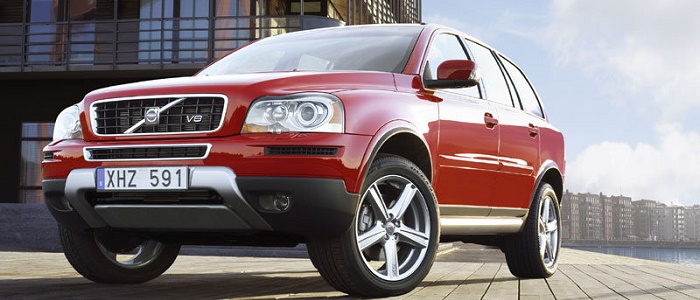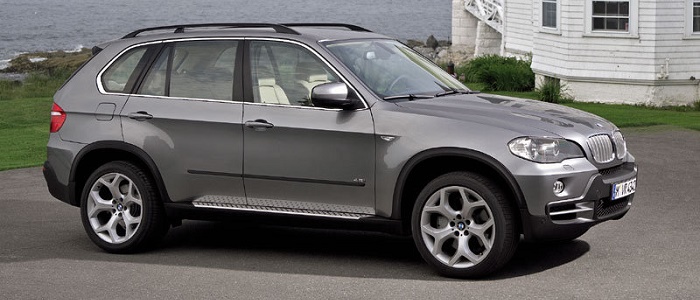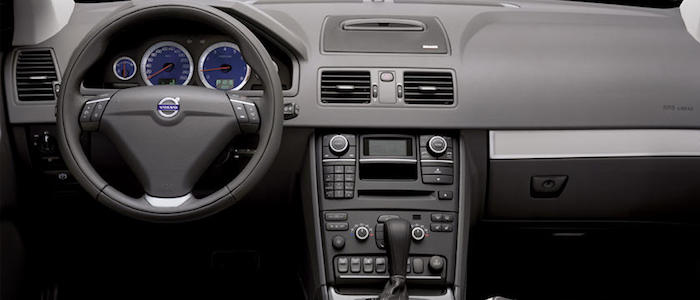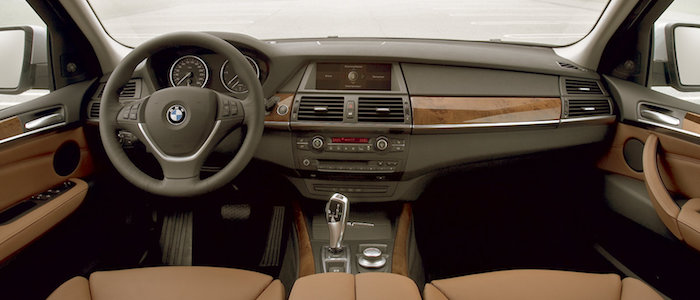Compare two cars
Compare any two cars and get our Virtual Adviser™ opinion
Marketing
Dimensons & Outlines
Engine
Performance (manual gearbox)
Performance (automatic gearbox)
Expenses
Virtual Adviser's™ opinion
Well, these are two pretty similar cars we have here! It's only details that could potentially make the difference. Considering they both belong to the suv segment and utilize the same 5-door suv body style and the 4 x 4 wheel drive system, it all comes up to the specific petrol engine choice they offer. The first one has a Volvo-engineered powertrain under the hood, a 6-cylinder, 24-valves 235hp unit, while the other one gets its power and torque from a 6-cylinder, 24-valves 272hp engine designed by BMW.
SafetyThe fact that the Volvo got tested by the European New Car Assessment Programme (Euro NCAP), while the other contender didn't, puts it sky-high safety-wise, in my eyes at least. That aside, let's consider some other aspects which affect safety. Both vehicles belong to the suv segment, which is generally a very good thing safety-wise, but it doesn't do much to help us decide between the two. Furthermore, taking kerb weight as an important factor into account, the Swedish car offers a marginal difference of 3% more metal.
ReliabilityManufacturers have been building their reliability reputation for decades now and, generally speaking, it appears that Volvo does have a slight advantage, when all the models are taken into account. These are the results of an independent reasearch, while our visitors describe reliability of Volvo with an average rating of 4.6, and models under the BMW badge with 4.2 out of 5. The same official information place XC90 as average reliability-wise, and X5 is more or less at the same level.That apart, owners of different cars powered by the same engine as the Swedish car rank it on average as 4.7, while the one under the competitor's bonnet gets 3.0 out of 5.
Performance & Fuel economyBMW is undoubtly more agile, reaching 100km/h in 1.4 seconds less than its competitor. In addition to that it accelerates all the way to 225 kilometers per hour, 15km/h more than the other car. When it comes to fuel economy the winner has to be the German car, averaging around 10.3 liters of fuel per 100 kilometers (27 mpg), in combined cycle. We can't ignore that 15% difference compared to the Swedish car.
Verdict
Volvo is apparently more reliable, not too much, but just enough. The most important thing when deciding between any two vehicles should always be safety, both passive and active. In my opinion, everything taken into account, the Swedish car beats the other contender by far, making it the best choice without even considering other things. From there things take a different direction, with BMW being considerably quicker, thus putting more smile on driver's face. To make things even better, it consumps less fuel! I believe that, when we take all into account, we have only one winner here - the Volvo. In any case that's my personal view, built upon all the data available to me. What should decide here though is the way you feel about the two vehicles, and I hope you'll find my guidelines useful in the process. In case you have two minutes to spare I invite you to define your needs, desires and budget and see which car would be chosen by the virtual adviser™, among more than 12.000 different ones in our database.
































